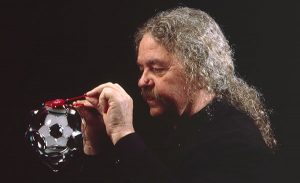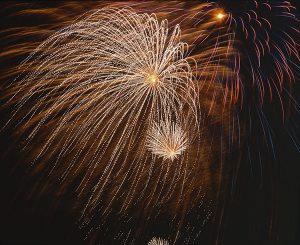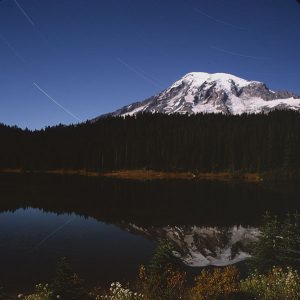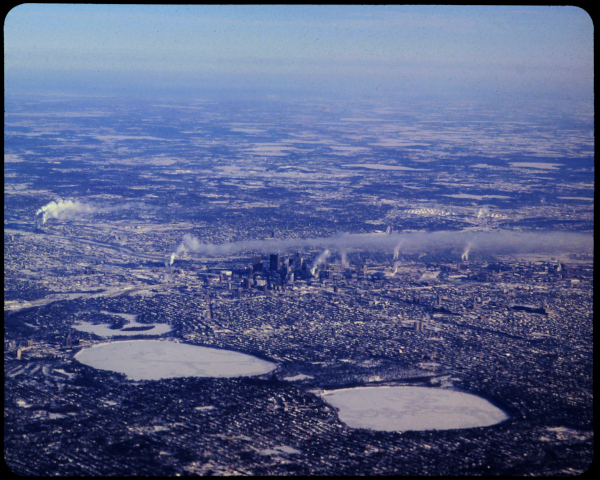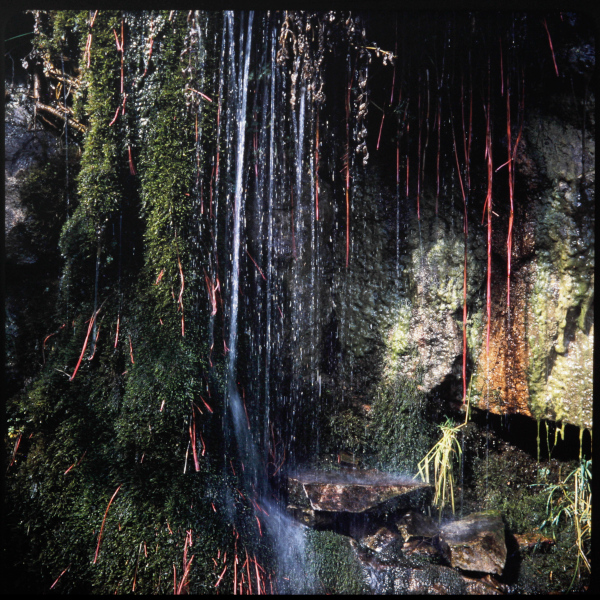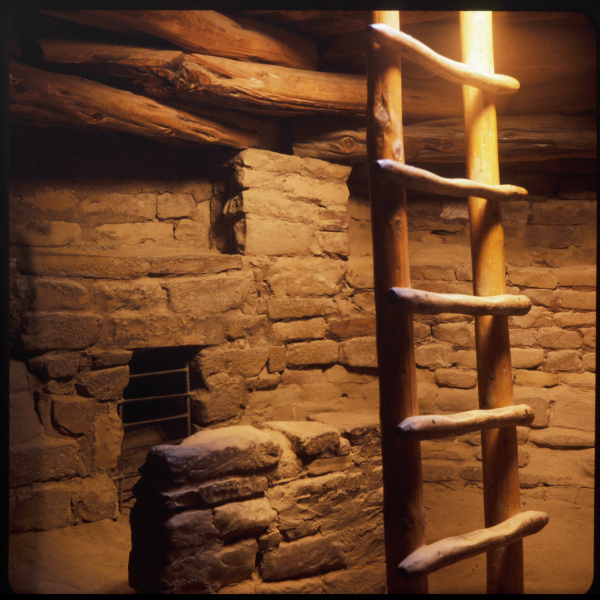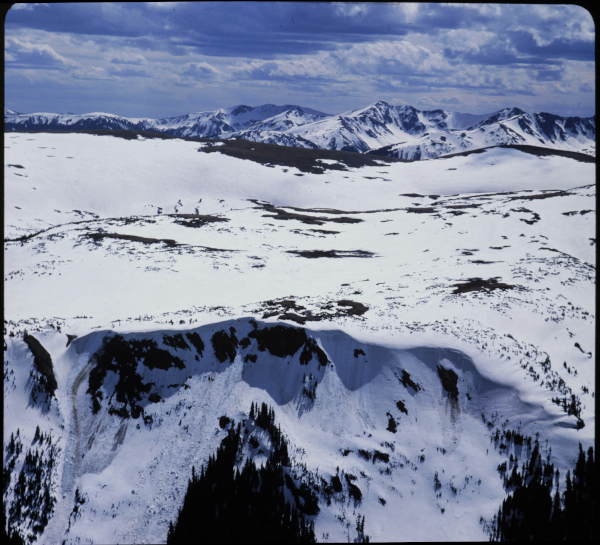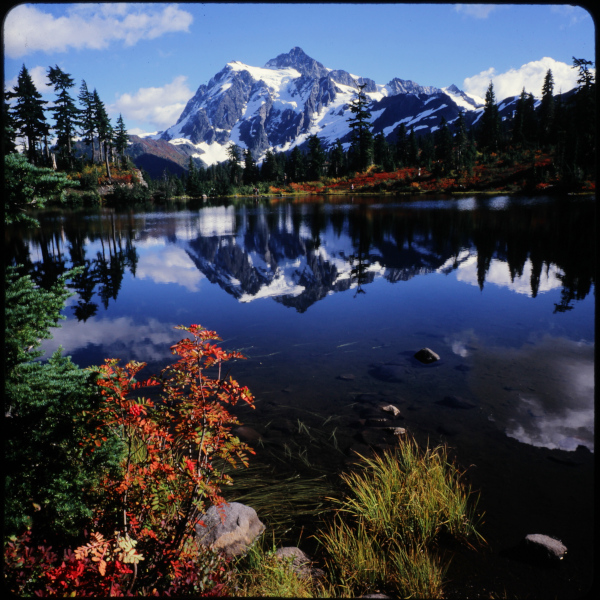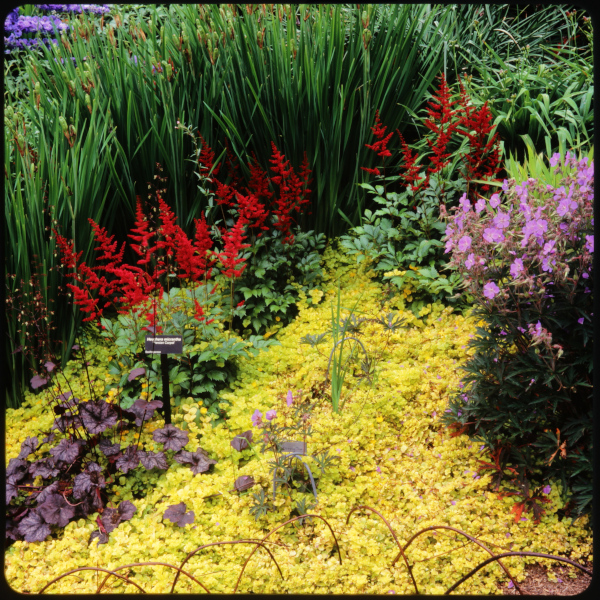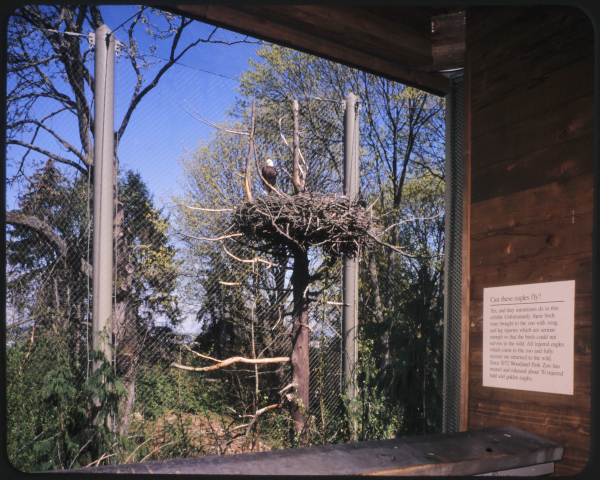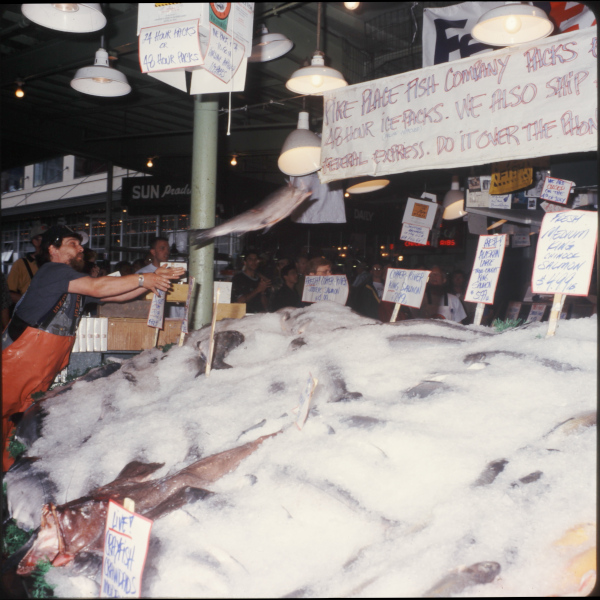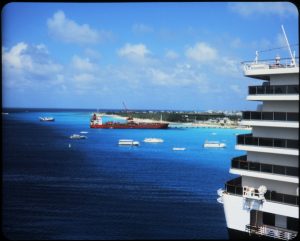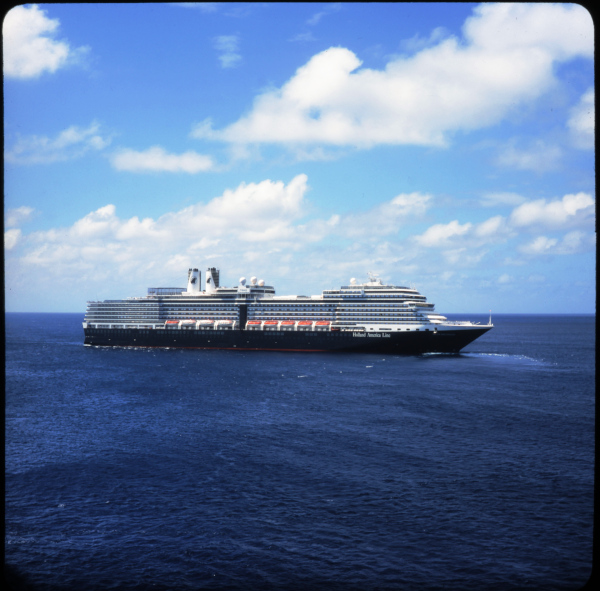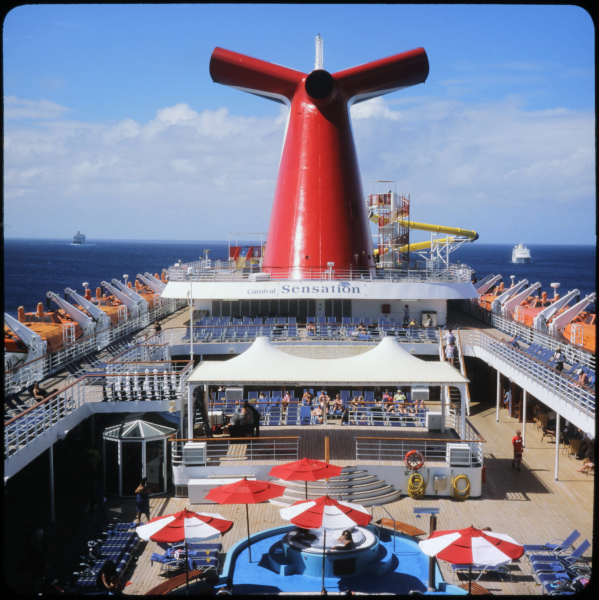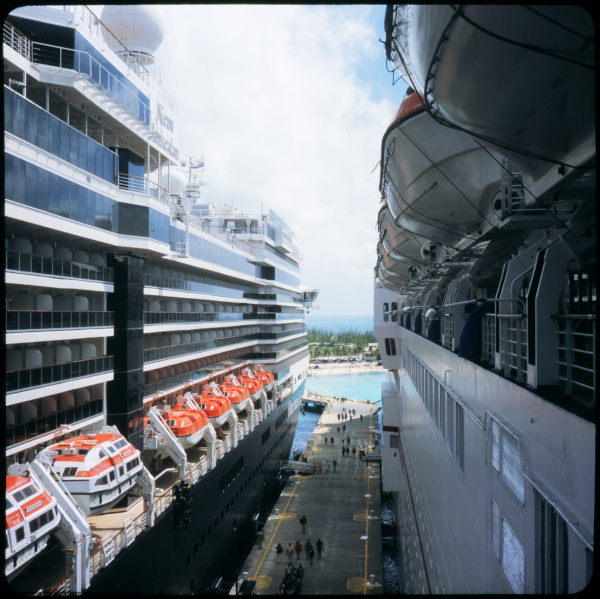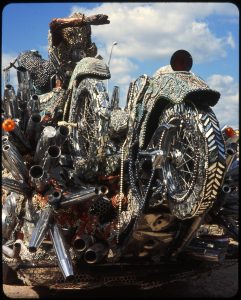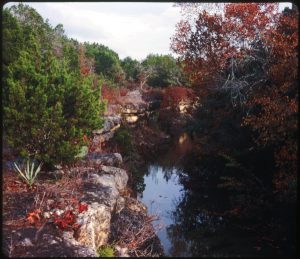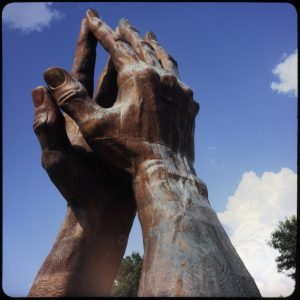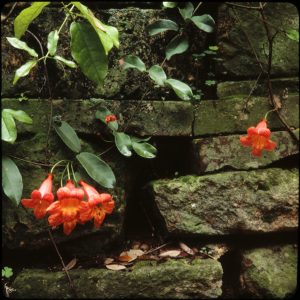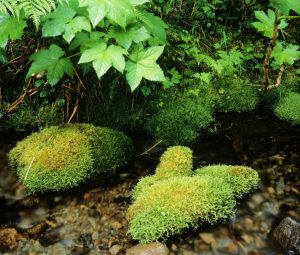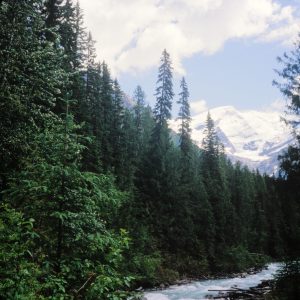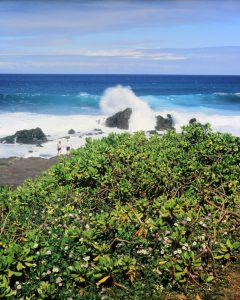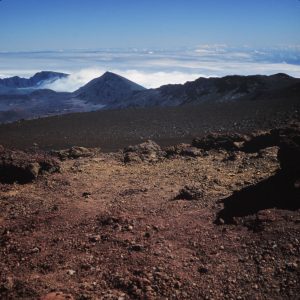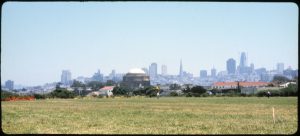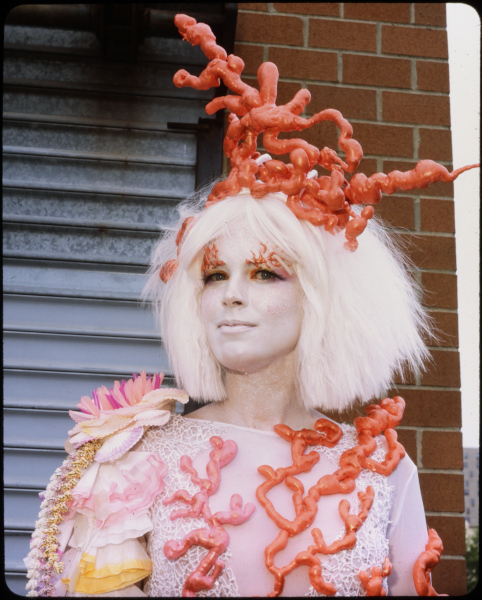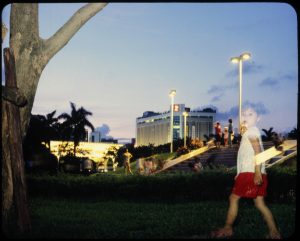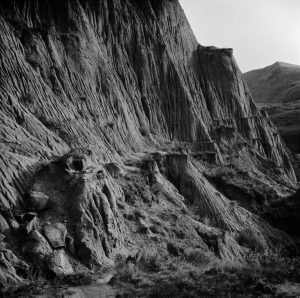
Beechy Sand Castle
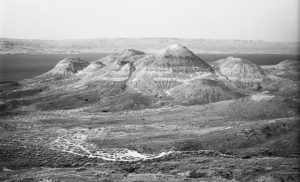
Hyper Hills
The first two images I have submitted were taken last summer at a unique location here in Saskatchewan called the Beechy Sand Castle and Sunken Hill. There are a couple of quarter sections of ranch land near the inlet of Lake Diefenbaker on the south Saskatchewan river that are home to some interesting land formations. It’s on private land, but the owner is gracious enough to allow visitors to come and hike around the area. Legend has it that an underground gas pocket collapsed, causing the land to give way. One day, the rancher went to check his cattle, and the tracks left by his truck a few days prior led right into the crater of the Sunken Hill!
The location is only accessible during dry conditions, since you have to drive through a field to get there. It was very hot the day I went and also quite smoky from forest fires out west in British Columbia. After walking around a bit and seeing the lay of the land, I knew I wanted to try out some hypers, but I had neither a laser rangefinder, nor Mike Davis’ stereobase calculator. I tried some anyway, but as you can see by my slipshod cutting to expand a panoramic mount, I didn’t get it quite right. Most of the hypers I took had very distracting retinal rivalry in the water, but this one didn’t seem quite as off-putting for whatever reason. This summer I have a goal to get a working system for hypers using two Agfa Isolettes.
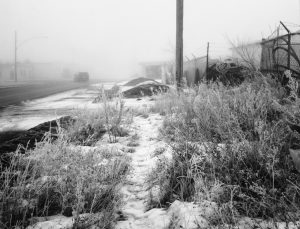
Smell the Roses
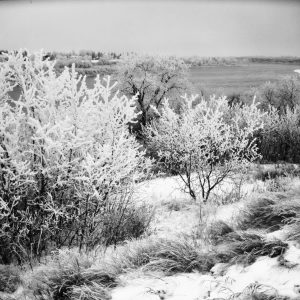
Frosting
The other two slides are from my city, Saskatoon, on one of the few days of the year that we get hoarfrost. It’s always so beautiful and it’s one of my favourite things to photograph in MF3D. I titled the one slide “Smell the Roses”, because the frost can make even a pile of overgrown weeds in an industrial district look pretty, and it seems like many people don’t stop to take notice.
Now that I’ve got a workable B&W reversal process, I’m more motivated to shoot black and white. Hope you enjoy!
